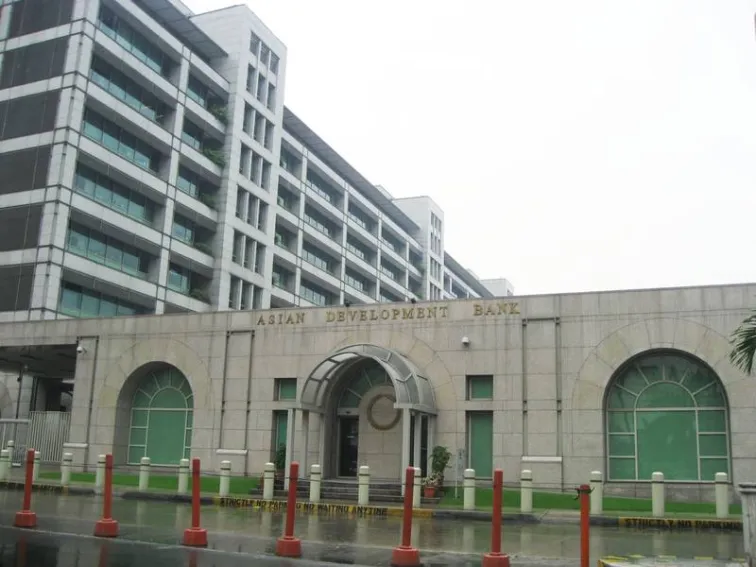
ADB grants $21.6M for Bhutan’s household electrification
Bhutan is receiving fresh ADB assistance in providing electricity to all rural households. Asian Development Bank's Board of Directors has approved a grant of almost $21.6 million for the Bhutan Rural Renewable Energy Development Project.
"Full rural electrification will not only address rising local energy demand and national energy security but will help diversify income earning activities and improve the quality of life and standard of living in rural areas where 90 per cent of the country's poor live," said Kaoru Ogino, Senior Energy Specialist in ADB's South Asia Department.
Bhutan generates almost all its electricity from hydropower sources, with 70 per cent exported to its neighbor, India. However, the country's steep terrain and widely spread rural population has made it difficult to provide electricity to some remote communities. As a consequence many families still depend heavily on traditional fuels, with Bhutan the world's highest per capita consumer of fuelwoods, which pollute and pose health hazards, particularly to women and children.
The government has provided electricity to around 60 per cent of all rural households, with the figure expected to reach 84 per cent by 2012. ADB has been an active supporter of the rollout program through several previous loan and grant projects. The latest assistance will help the government reach remaining rural households through a mix of both on-grid and off-grid power supplies.
The project will connect more than 5,000 households to on-grid electricity supplies sourced from hydropower, while nearly 1,900 homes in remote areas that can't be readily connected to the grid will get solar power packs. A further 2,500 existing solar power users will have their systems upgraded. Pilot wind power and biogas production plants will also be established.
"The pilot wind mills will demonstrate the feasibility of using wind to help alleviate hydropower shortages in the dry winter season when river levels drop, while biogas development can help replace fuelwood for cooking," said Mr. Ogino. Market estimates show that up to 16,000 households in the country could benefit from biogas, a clean, renewable fuel derived from cattle dung.
The project will be carried out in tandem with rural electrification work being undertaken by the Austrian Development Agency and Japan International Cooperation Agency.
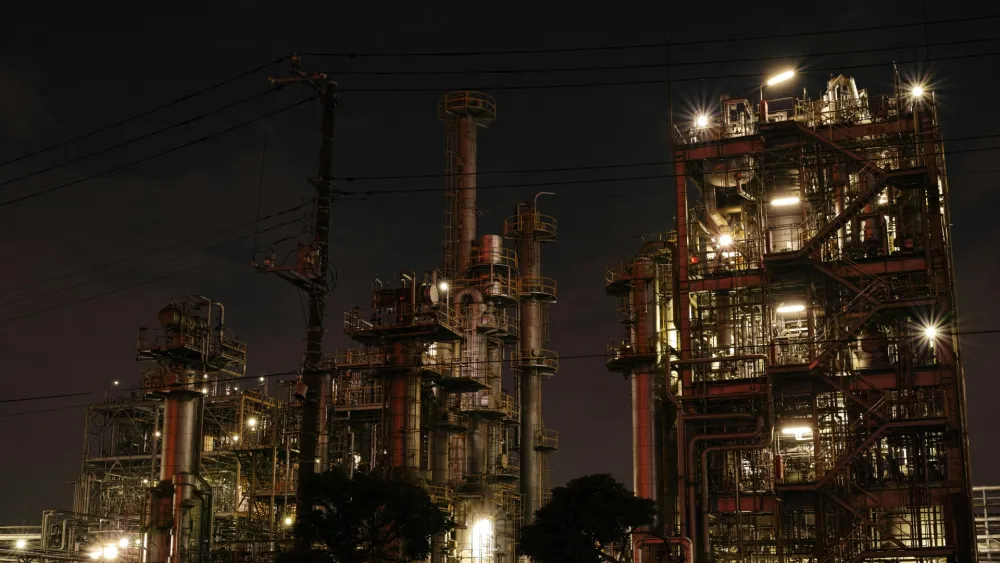
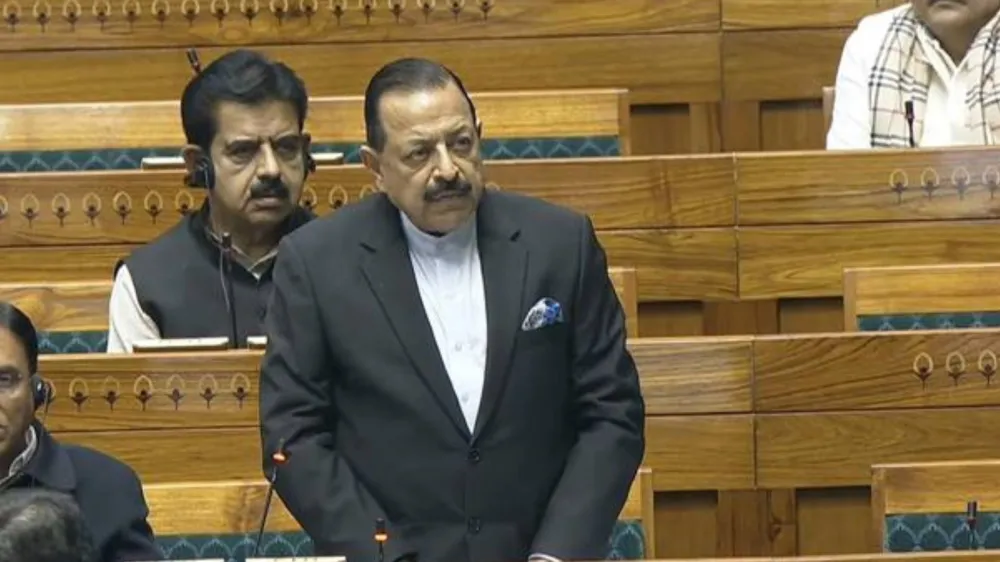
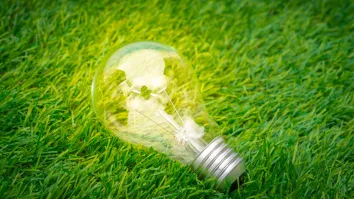
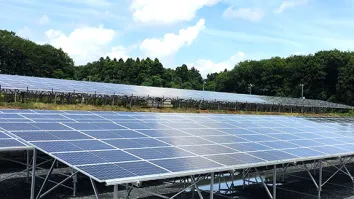

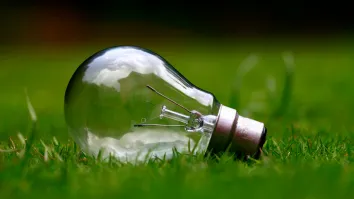













 Advertise
Advertise







